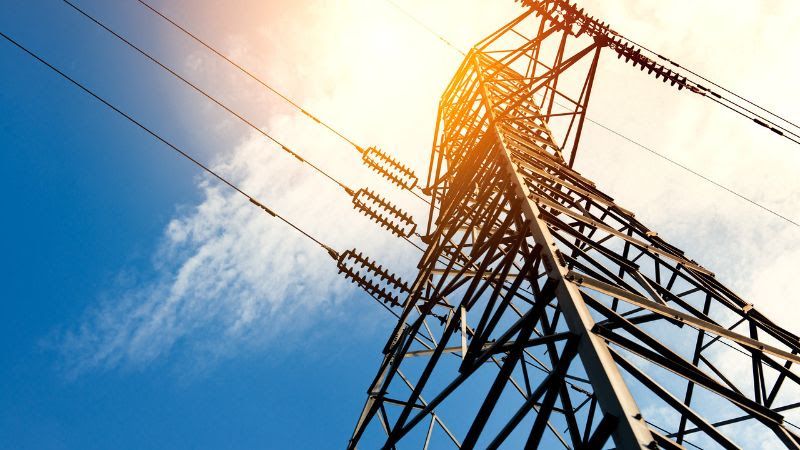Legal Alert: Law about Energy Efficiency

January 13, 2021 | By Felipe Bahamondez y Pablo González.
On January 7, 2021, the Joint Commission of the National Congress approved the Draft Law about Energy Efficiency, which will soon become law, and which will enter into force once it is published in the Official Gazette. Likewise, it is noted that the terms of entry into force of these regulations vary according to the subject matter regulated and depend on the regulations to be issued for such purpose. The following is a brief description of the main issues:
1. National Energy Efficiency Plan
This Plan will be issued every 5 years and will include subjects such as residential energy efficiency; minimum standards and labelling of appliances; energy efficiency in building and transport; energy efficiency and smart cities; energy efficiency in the productive sectors and education and training in energy efficiency, establishing short and medium term actions and goals. The first Plan must be submitted for approval by the Council of Ministers for Sustainability within 18 months of the publication of the law.
2. Obligation for companies to report on their energy consumption and energy intensity
Quadrennial criteria will be established to determine the companies that will have to report this information to the Ministry of Energy. Without prejudice to the above, all those companies that have had during the previous calendar year a total energy consumption for final use equal to or higher than 50 tera-calories shall comply with the report. The latter will be called CCGE, by its acronym in Spanish (in English this means”Consumers with Energy Management Capacity”) and a list of them will be established annually in a resolution of the Ministry of Energy. Small companies are excluded.
Additionally, the CCGE must implement one or more Energy Management Systems (“SGE” by its acronym in Spanish), covering at least 80% of its total energy consumption, which it must maintain in force while it is considered a CCGE and for one year after it loses such quality. These SGE must have at least an internal energy policy; objective, goals, action plans and energy performance indicators; an energy manager; and, operational control, measurement and verification. The SGE will be controlled by audits that must be contracted every 3 years by the CCGE. The audit companies must be approved by the Electricity and Fuel Superintendence. Finally, the CCGE will have to send annually a report of its energy consumption for final use and information about the opportunities and actions of energy efficiency carried out and projected. The above, without prejudice to other complementary provisions in this matter.
3. About the energy qualification of buildings
The houses, public buildings, commercial buildings and offices must have it in order to obtain the final or definitive reception by the Direction of Municipal Works. The Director of Works will record in the building permit that the project is subject to this obligation. There will also be an energy prequalification, which will fall on the corresponding architectural project and which will be of a transitory nature, in those cases in which the qualification is carried out for a purpose other than requesting final or definitive reception.
This obligation will only apply to new projects (those whose application for a building permit or preliminary project is filed after the law and regulations governing this matter have come into force) developed by construction and real estate companies, and the Housing and Urbanization Service. An energy efficiency label must be included in all sales advertising. If the advertising is prior to reception, it must include a pre-qualification label. The labels will constitute basic commercial information, in accordance with the Protection of Consumer Rights Law.
Likewise, a National Registry of Energy Evaluators is established, under the responsibility of the Ministry of Housing and Urban Development, which will be of a public and permanent nature.
4. Efficiency in the vehicle market
The Ministry of Energy and the Ministry of Transport and Telecommunications will set energy efficiency standards for new, light, medium and heavy motor vehicles, with importers or representatives for each brand of vehicle marketed in Chile being responsible for compliance. Likewise, the Ministry of Energy is empowered to regulate the interoperability of the electric vehicle recharging system, and the Internal Revenue Service is empowered to establish an extraordinary three-year life for pure, plug-in hybrid and zero emission vehicles, for purposes of applying the normal or accelerated depreciation regime.
5. Hydrogen is declared normatively as fuel
| Contacts |
| For more information, please contact: |
| Felipe Bahamondez Partner fbahamondez@dlapiper.cl |
* This report provides general information on certain legal or commercial matters in Chile, and it is not intended to analyze in detail the matters contained in it, nor it is intended to provide a particular legal advice on them. It is suggested to the reader to look for legal assistance before making a decision regarding the matters contained in this report. This report can not be reproduced by any means or in any part, without the prior consent of DLA Piper BAZ | NLD SpA. (c).


